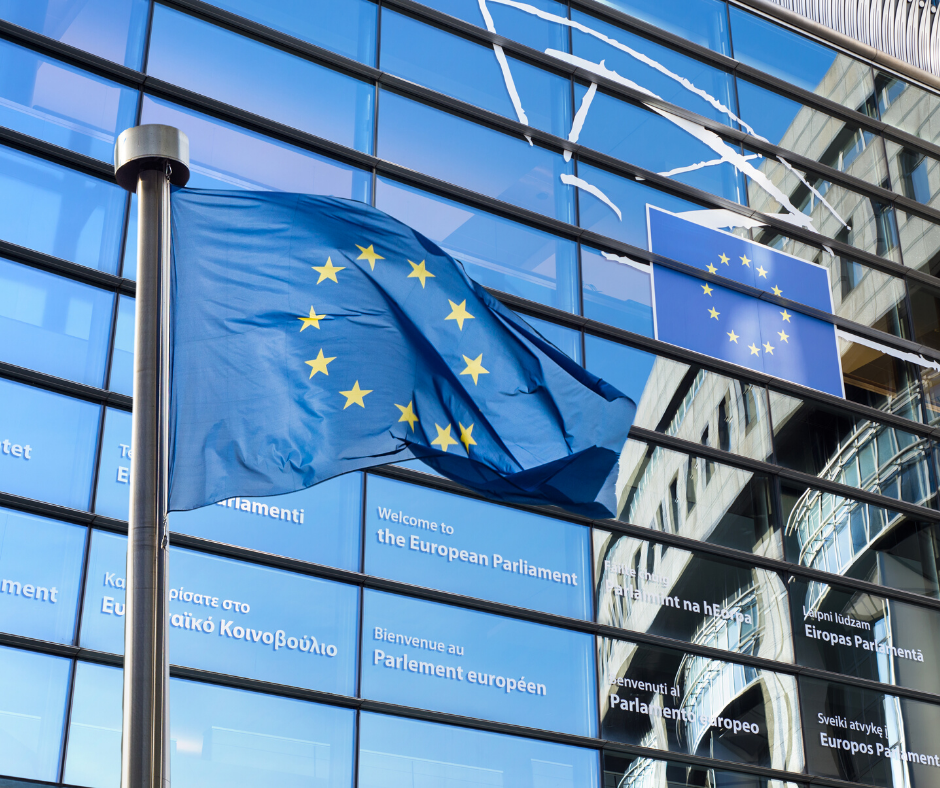CCC Letter to Commissioner Kyriakides
Dear Commissioner Kyriakides,
On behalf of the Consumer Choice Center, the consumer advocacy group representing and empowering consumers in the EU and globally, we would like to congratulate you on your appointment. As you set out to reduce the use of pesticides, fertilisers and antibiotics as part of the EU’s upcoming food strategy, we would like to offer our perspective on the matter. We are hopeful that your policy solutions will be science-led, evidence-based and, above all, consumer-friendly.
Our recommendations:
- Recognise the benefits of genetic modification of crops as a means to reduce the use of pesticides.
- Reassess the existing EU regulations of GMOs on the grounds of potential gains and benefits for the consumer rather than simply based on popularised threats not based in fact.
Faced with the issue of climate change, we should remain sensible in our effort to ensure the sustainable and effective functioning of European agriculture that works for all. The right of consumers to choose should be respected and preserved at all costs.
Innovation has always played a key role in driving the world forward. Without pretending to have an answer to every question, innovation has however made our lives safer and more prosperous. As the European Union seeks to drive down the use of pesticides, it shouldn’t turn its back on innovation in agriculture. Genetic modification, with its propensity to reduce chemical pesticide use by more than 30 per cent, is an astounding solution to this pressing issue.
The European Union has traditionally objected most innovations in food science and prevented European consumers from accessing biologically-enhanced food. This can be seen in the very limited number of genetically modified crops authorised for cultivation in the EU, and a very cumbersome and expensive process of importing genetically modified food and a recent European Court of Justice ruling on treating gene editing as restrictive as GMOs.
However, there is no substantial scientific evidence of the health and environmental risks ascribed to genetically modified or edited products. With the help of gene engineering, we would be able to decrease our dependence on natural resources and minimise the use of fertilisers and pesticides. Creating drought and heat-tolerant crops would ensure we don’t need to deforest wild areas to free up more land for agricultural purposes.
Even though controversies around the use of genetic modification continue, its potential to drive down the use of pesticides cannot be dismissed. In 2014, scientists at the Georg-August-University of Goettingen, Germany estimated that on average, GM technology adoption has reduced chemical pesticide use by 37%, increased crop yields by 22%, and increased farmer profits by 68%.
Consumers, farmers and the environment benefit from the application of genetic modification. Above all, enabling genetic modification is a great way to reduce the use of pesticides. Turning a blind eye to these possibilities is costly and harms consumer choice in the European Union.
We would be delighted to elaborate further on the suggested policy recommendations in a meeting with one of your cabinet members.
P.S.: You can learn more about our work in this area here: https://consumerchoicecenter.org/health-science/








